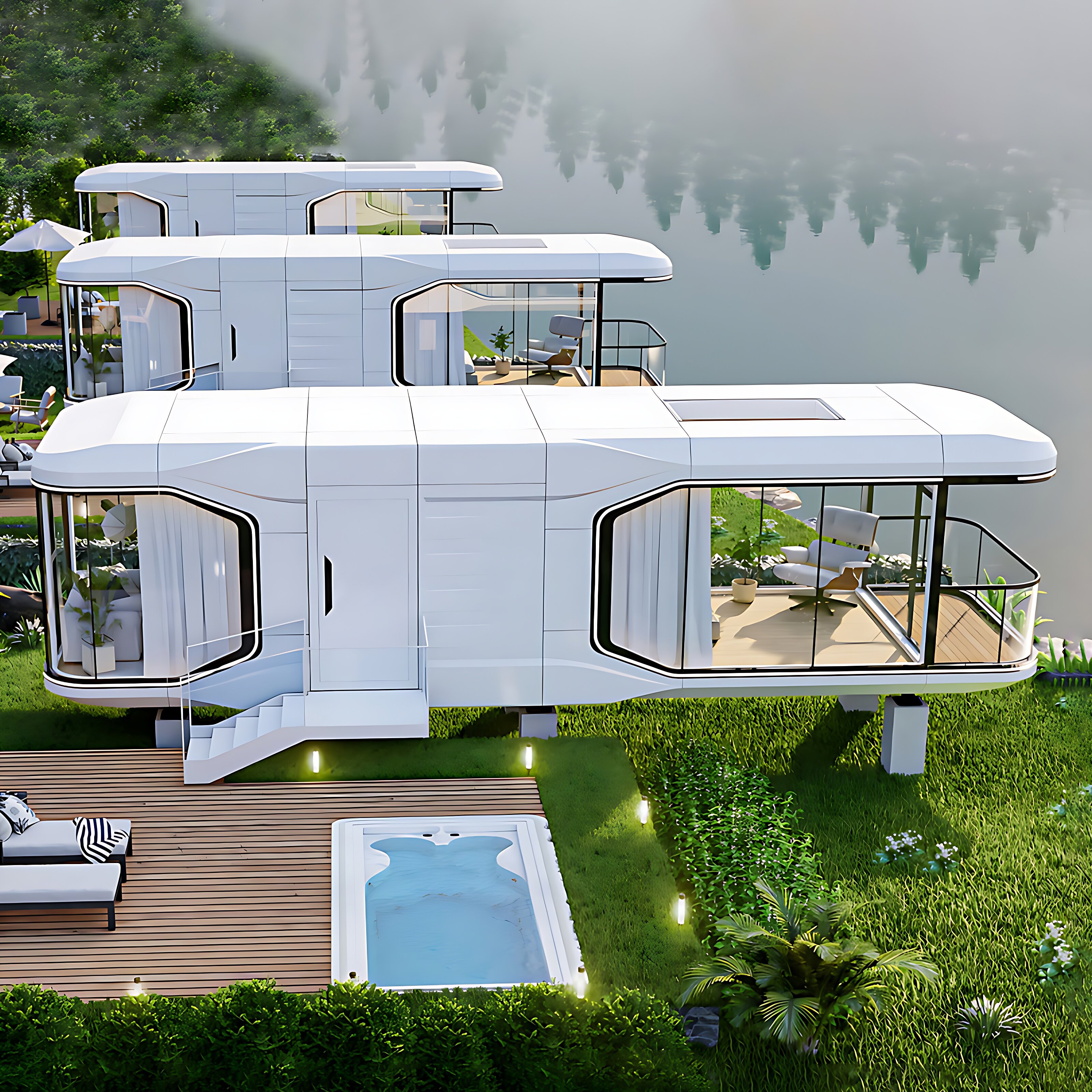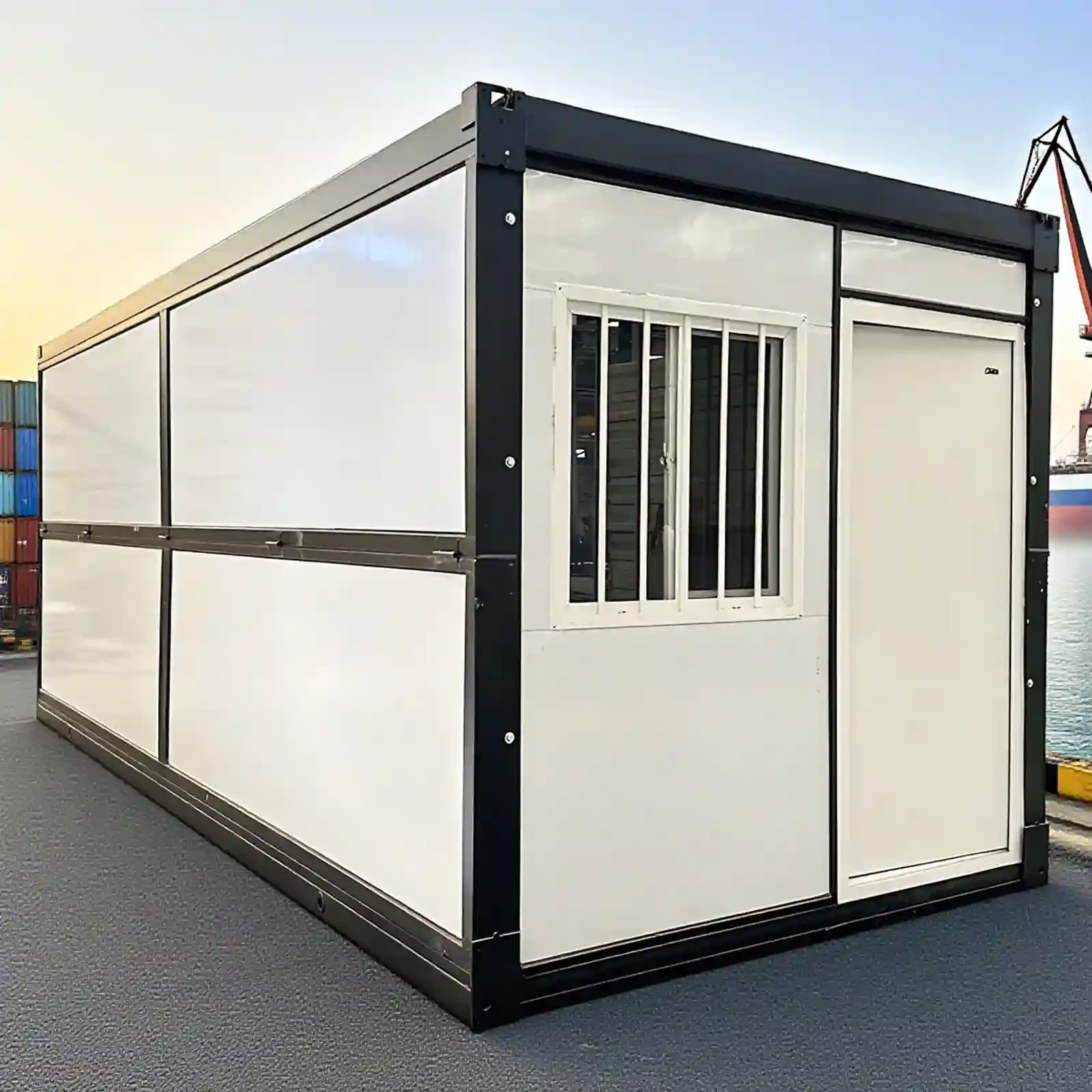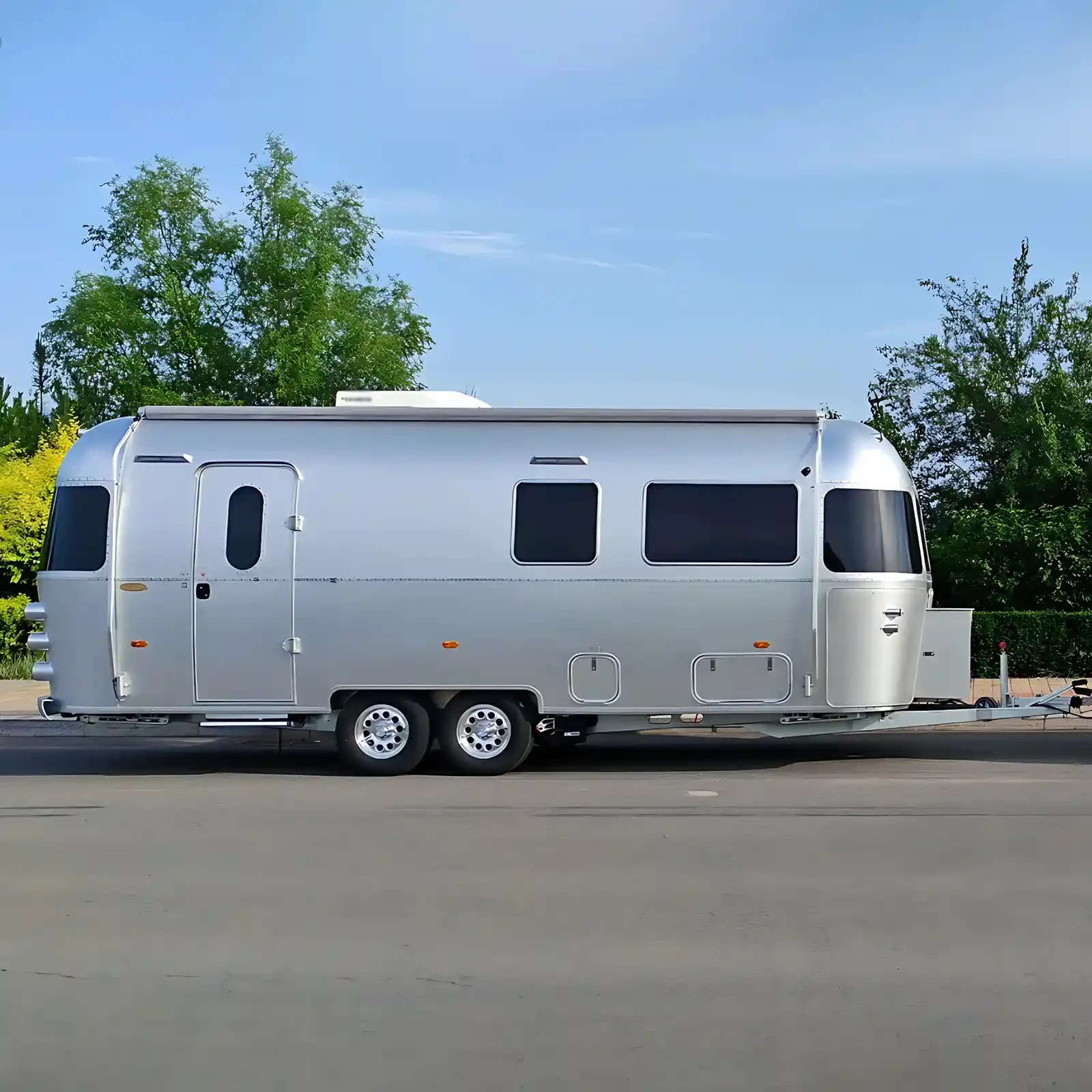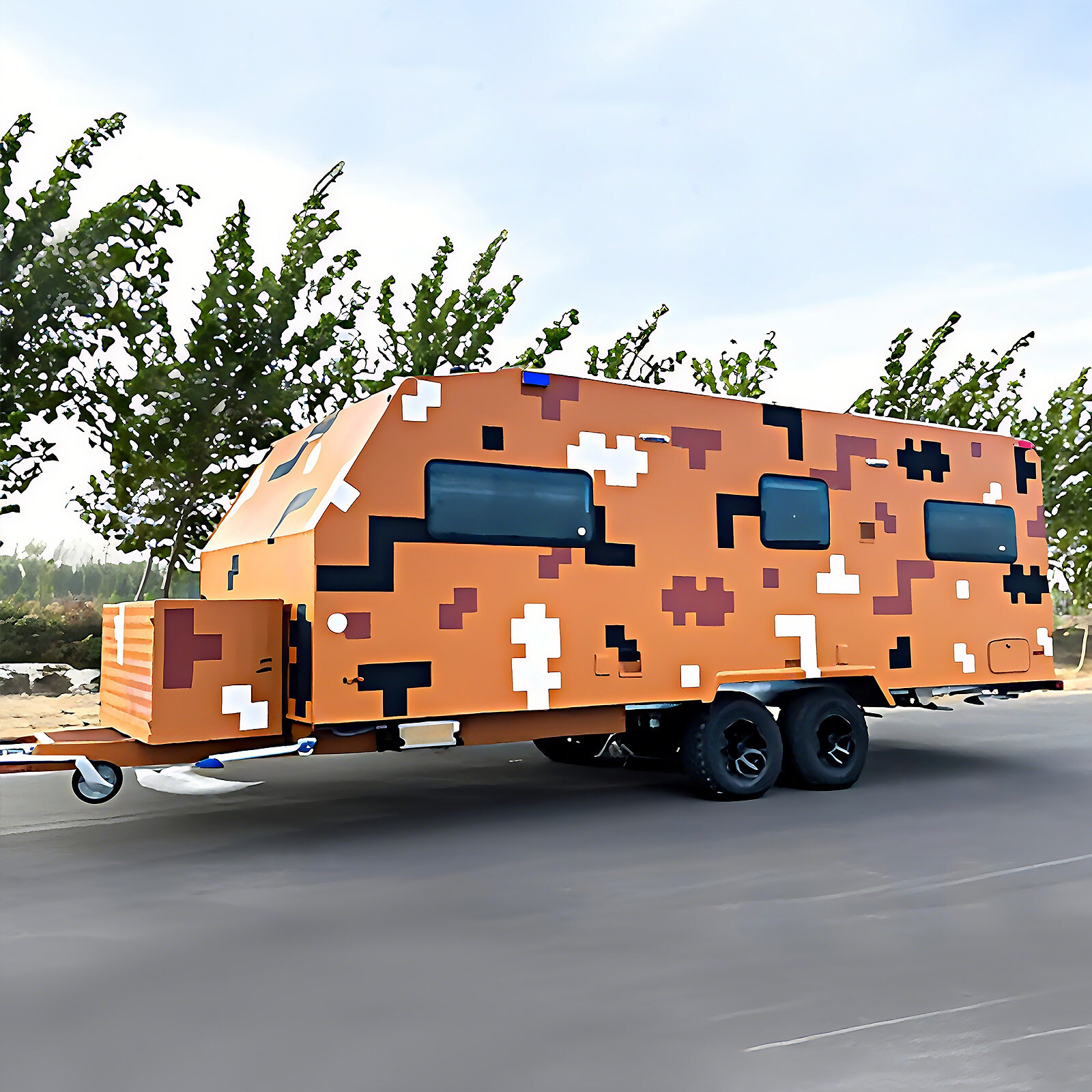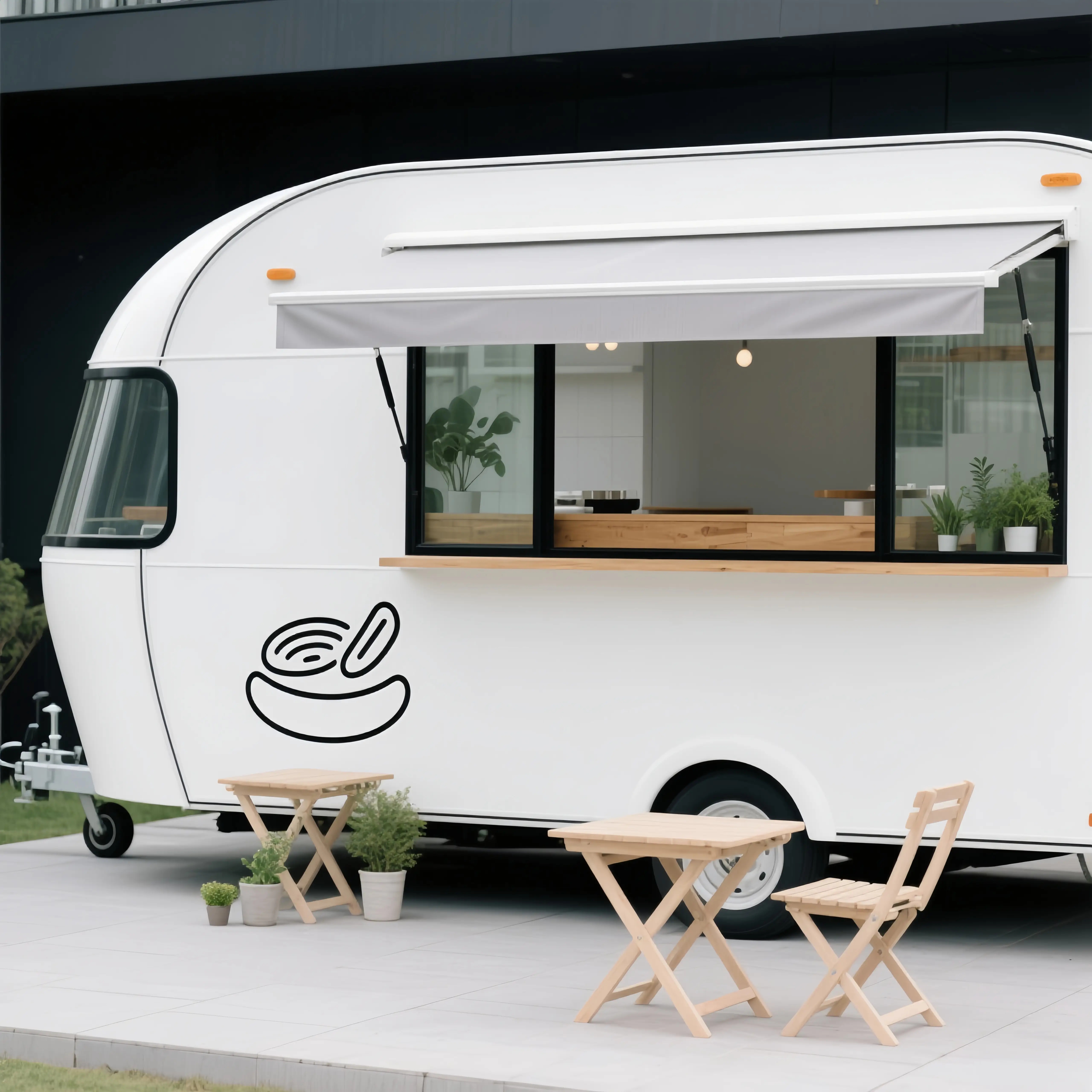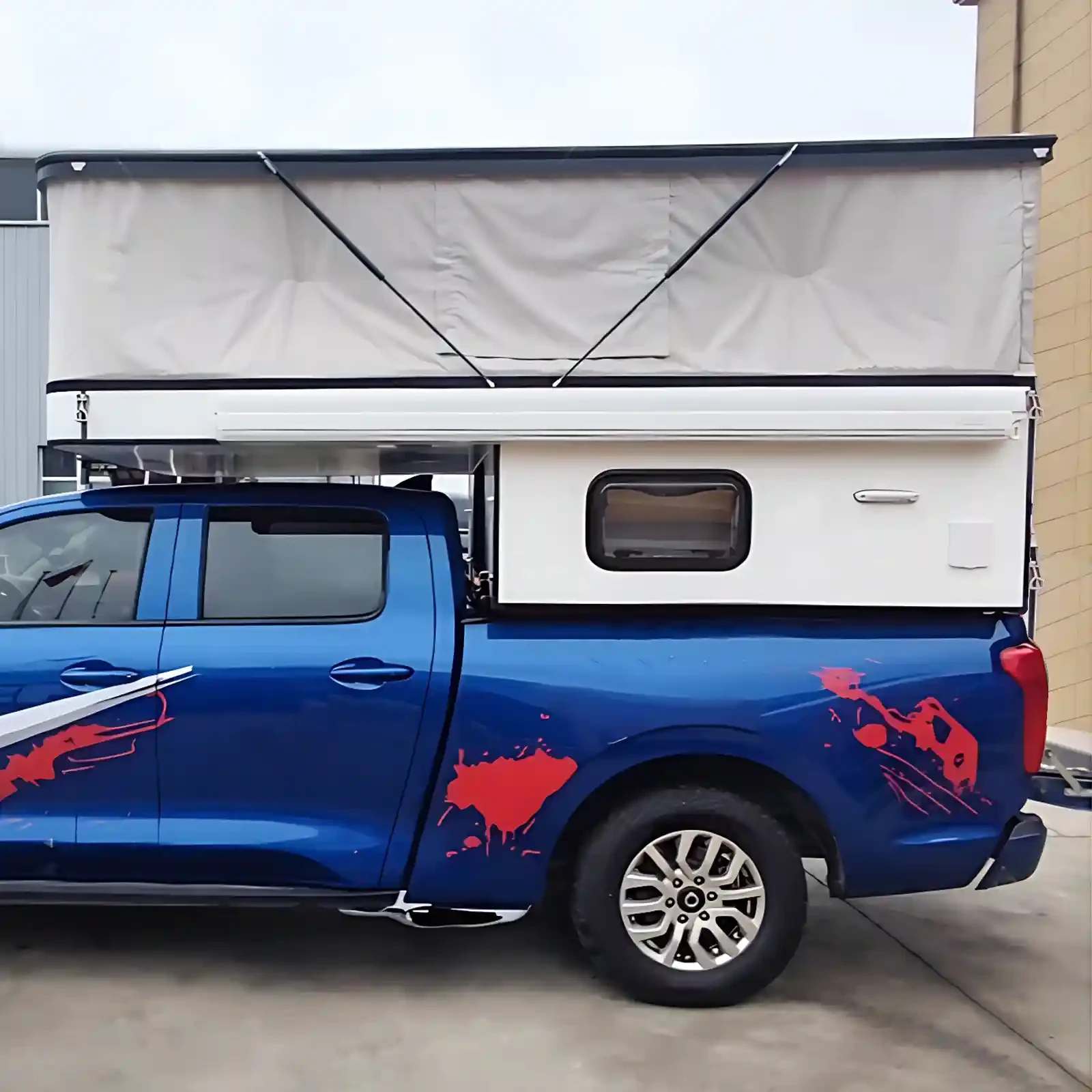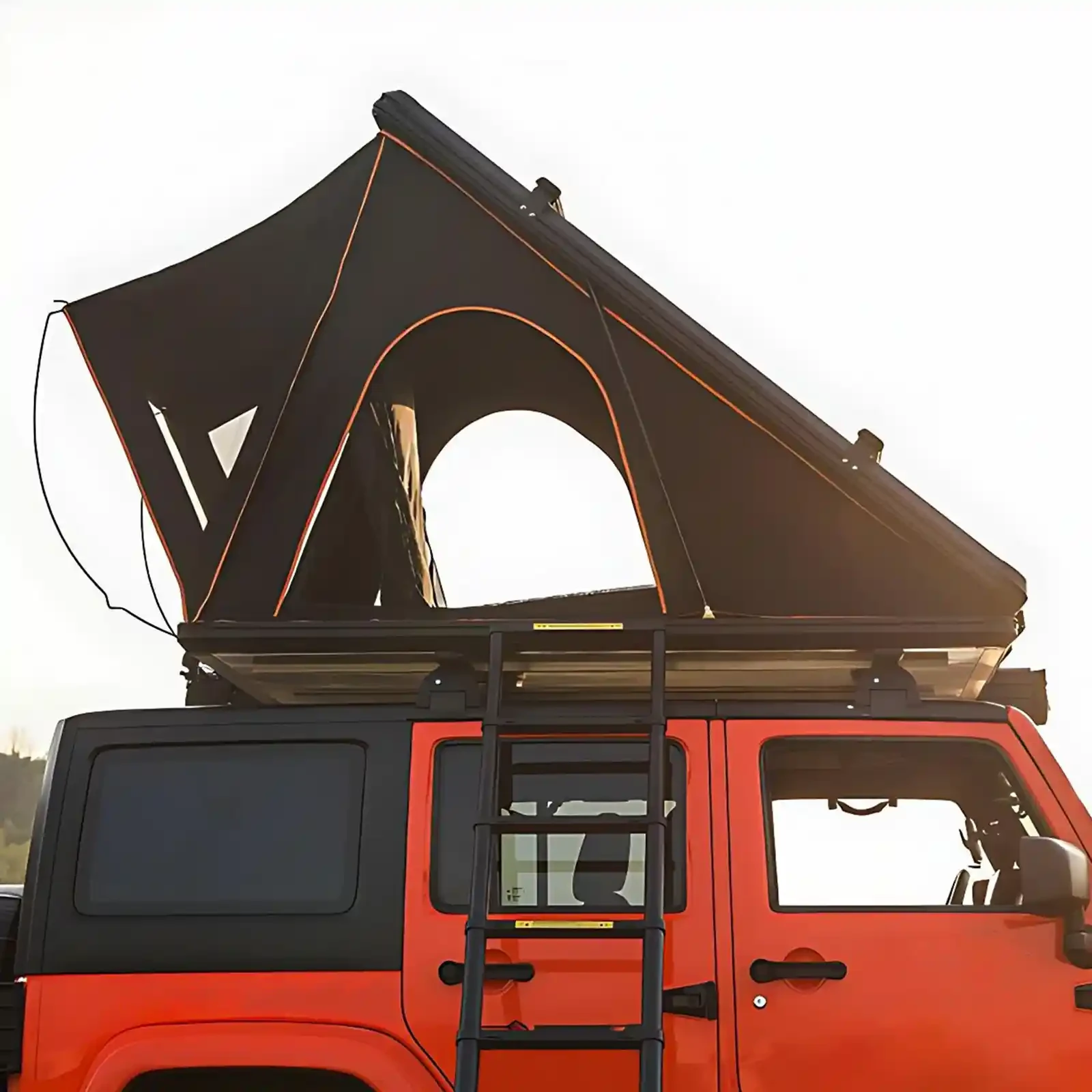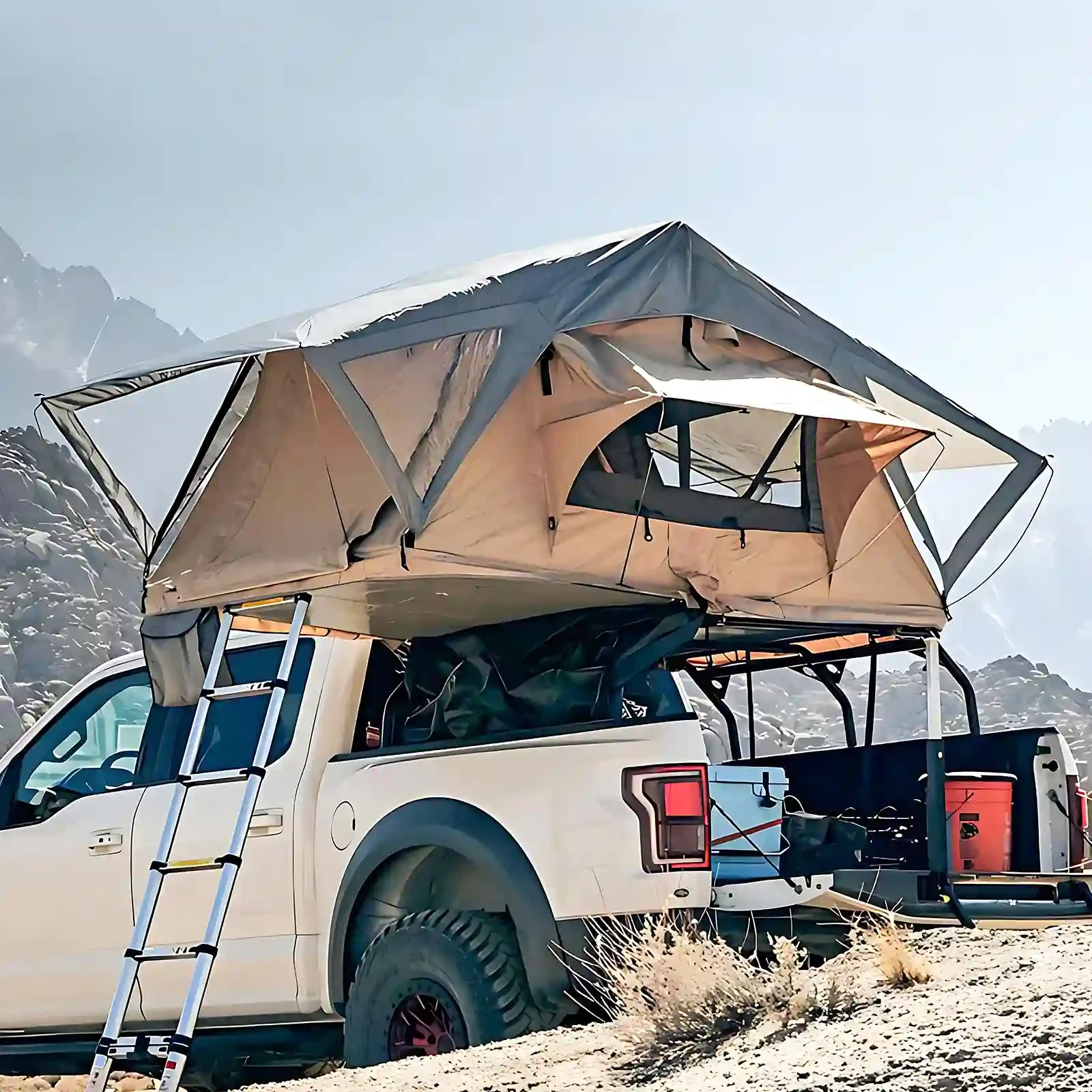The Hefei Central Urban Area Urban Renewal Plan has been officially released for public comment. Anchoring near-term goals for 2027 and a long-term vision for 2035, the plan focuses on coordinated development and safety, emphasizing the construction of a livable, resilient, and smart city. Through urban renewal initiatives such as redevelopment of old urban areas, old factories, and old villages, infrastructure upgrades, ecological restoration, and historical and cultural preservation, the plan aims to optimize the spatial structure of the city and build a multi-center, networked, and cluster-based urban pattern. The plan explicitly rejects a "one-size-fits-all" approach and large-scale demolition and construction, integrating smart technology and green practices throughout the entire lifecycle. Adhering to the principles of prioritizing people's livelihoods and inclusive sharing, the plan strives to address the urgent needs and concerns of citizens, reduce production and living costs, and enhance the city's warmth, quality, and vitality. Against this backdrop, can smart container houses, with their flexible adaptability and low-carbon smart features, find their niche and provide innovative solutions for revitalizing existing urban spaces and filling functional gaps, thus helping to achieve renewal goals and opening up new development opportunities for themselves? This has become an important topic worthy of discussion.
In light of Hefei's significant investment in urban renewal, Zeyu Shijia, as a leading manufacturer of intelligent container houses, will explore its key role in this process.
Temporary Infrastructure Role: Solving Construction Support Pain Points
Hefei's 289 urban renewal projects have long construction cycles and urgent needs for temporary facilities. Zeyu's intelligent container houses can be rapidly assembled (up to 1,000 units in 72 hours), requiring no complex foundations. They can be combined as needed to form offices, dormitories, etc., and are ready for use immediately upon power connection. Compared to traditional prefabricated houses, they are more wind and earthquake resistant and can be relocated and reused as a whole, reducing costs and meeting green and low-carbon requirements.
For public welfare projects such as underground pipeline renovation, it can quickly set up temporary convenience service stations, integrating government services, express delivery, and other functions, publicizing construction progress, and mitigating the impact on residents' lives.
Activating Marginal Spaces: Filling the Gap in Community Amenities
Urban renewal in Hefei requires utilizing marginal spaces to supplement amenities. Zeyu Smart Container Houses, with their "small space, multi-functionality," can be flexibly combined and transformed into mini community service centers, equipped with parcel lockers, charging stations, etc., meeting the needs of residents in older communities.
In ecological areas like Luogang Park, they transform into smart ecological stations, built with environmentally friendly materials, equipped with solar power and rainwater harvesting systems, integrating facilities such as guides and rest areas. They can also connect to a smart platform to monitor data, helping to upgrade "city memory check-in points."
Technological Adaptation: Supporting Urban Digital Transformation
Urban renewal in Hefei emphasizes digital upgrades. Zeyu Smart Container Houses, incorporating smart technology, can serve as temporary smart management centers in urban villages, integrating monitoring, facial recognition, and other systems for security control, and providing 5G network access to alleviate inconvenience for residents during the transition period.
In greenbelt water network projects, they can be transformed into smart environmental monitoring stations, collecting real-time data on temperature, humidity, water quality, etc., and uploading them to the platform. In commercial districts like Zhougutui, they can create mobile smart shops, helping merchants operate quickly and optimizing the business environment. Sustainable Development Practices: Aligning with Core Urban Renewal Concepts
Zeyu Intelligent Prefabricated Housing boasts a material recycling rate exceeding 90%. After project completion, it can be disassembled, relocated, and reused, avoiding waste. Throughout Hefei's urban renewal cycle of 2025-2028, it can maximize its full life-cycle value through cross-project services.
It also supports later functional iterations. Temporary resettlement prefabricated housing units can be transformed into elderly care stations or activity centers, truly achieving "one-time investment, multiple uses," reducing costs for Hefei's urban renewal and contributing to the creation of a resource-saving city.

 USD
USD
 GBP
GBP
 EUR
EUR
